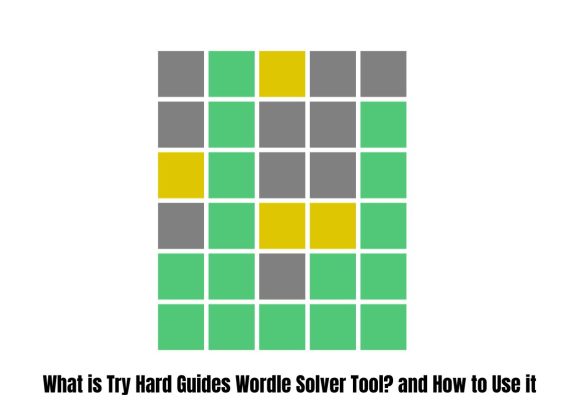Boat accidents happen even when you are absolutely confident in your skills. Because there is always a second participant in the movement. Here’s what to avoid to prevent them. Nautical Charts may also help a boat driver to see water depth and avoid accidents.
Contents
1. Hitting the pontoon
Even a light hit on a pontoon can do a lot of damage – more to your boat than to the pontoon! One of the reasons for the devastating blows against the pontoon is strong gusty winds. But sometimes the problem arises from approaching the pontoon at too high a speed. Therefore, we recommend that you follow its basic rules when mooring.
2. Loss of equipment
Very often, incomplete equipment or the loss of part of it can lead to an accident. For example, you could not fix the leak in time, the boat sank. So make it a rule to check your rig regularly! The absence of even one or two tools will be enough not to fix minor breakages. In addition, regular boat maintenance will help you avoid many problems in the future.
3. Rollover
Rollover is a common situation when kayaking, canoeing, etc. But for a large boat or speedboat – not a very pleasant thing. The most common cause of this is the loss of a keel. Be careful!
4. Flooding
Even if you do everything right, such as checking the weather forecast before your trip, keeping a close eye on your boat and taking care of it properly, sometimes you may just be unlucky. And your boat could sink faster than you think. This is why rescue equipment should always be on the boat and in working order. Some boats are simply not suitable for sailing in choppy waters. So make sure you check the forecast, are not overwhelmed by supplies or people, and be mindful of the limitations of your vessel.
5. Control errors
New to yachting? Just started to master a new boat model? Take your time to lay dizzying turns. First, master the management of a new boat or yacht, get used to the new dimensions. Calm driving will ensure that you do not crash into a pier, pontoon or other vessel. Especially if you are riding on a lake or in the coastal area of a river.
6. Collisions
No shipping season, even in the smallest body of water, is complete without collisions. If you love water activities, be especially careful on busy shipping lanes. Always remember that a larger vessel may not notice you.
7. Bottom blows
If you are swimming in shallow water with a soft sandy bottom, impacts on the bottom may not cause devastating damage. But imagine if you hit an underwater rock at high speed … A huge hole will most likely form in the ship’s hull, through which water will rush. So close to flooding. Therefore, be careful, especially in places with the unfamiliar bottom.
8. Fires
On land or on the shore, fire is both friend and foe. Make sure you have working extinguishers that are up to date and located in the right places. Fire can engulf the boat very quickly and lead to disaster. This occurs most often when there is a source of open flames on board.




